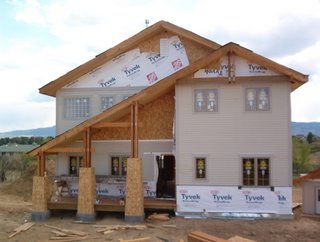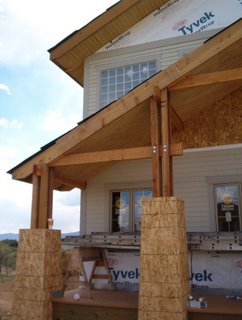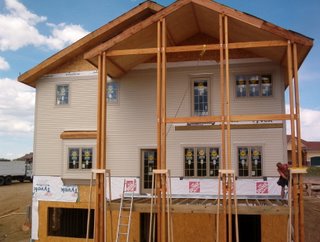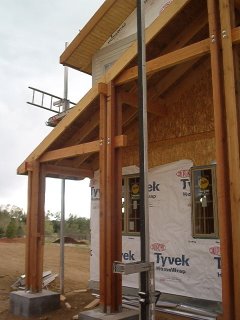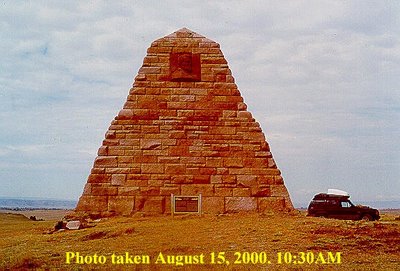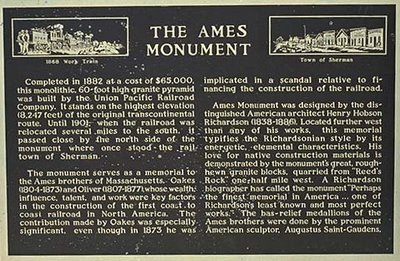Al Gore's Got Passion, Yes He Does
 You and I must see An Inconvenient Truth, a documentary by Davis Guggenheim on Al Gore's impassioned slide presentation on Global Warming. Here are three reviews by articulate people who have already seen it:
You and I must see An Inconvenient Truth, a documentary by Davis Guggenheim on Al Gore's impassioned slide presentation on Global Warming. Here are three reviews by articulate people who have already seen it:FlickFilosopher (she mistakenly writes "jetstream" when I think she meant "gulfstream", plus she misses the fact that Gore has been giving some variation of this presentation for 17 years now, but otherwise a terrific review.)I was hoping to provide more links to reviews, but most of them either ignore the merits of Gore's presentation and instead spend their time discussing Gore's political past and future -- or they regurgitate all the mean-spirited lies and gossip made up by Gore's opponents that were willingly re-broadcast by media hacks that, then as again, overshadow any honest discussion of Gore's message.
The Philadephia Weekly's Sean Burns (his review is all about his personal reactions and thoughts while watching the film rather than a discussion of the ideas and science presented, but it is still honest and interesting.)
Scientific American Magazine by Skeptic columnist Michael Shermer (while not technically a review of An Inconvenient Truth, he convinces me more than ever to see the film.)
I'm really looking forward to seeing the documentary with my dad, a retired atmospheric scientist who has been deeply concerned for three decades about global climate change and with energy conservation, alternative energy sources, and America's vulnerability to foreign sources of energy. He once met Al Gore in the 1980's and was tremendously impressed with him.
However, now I realize that I'm just as guilty as the hacks, as this posting is also overly focussed on the messenger rather than the message.
Too bad. My blog. Re-elect Gore in 2008. In that spirit, here's an amazing profile of the man and the making and promoting of the film in New York Magazine written by John Helleman.
As for global warming, I fear we passed the tipping point in 2000. November 2000, to be exact.
